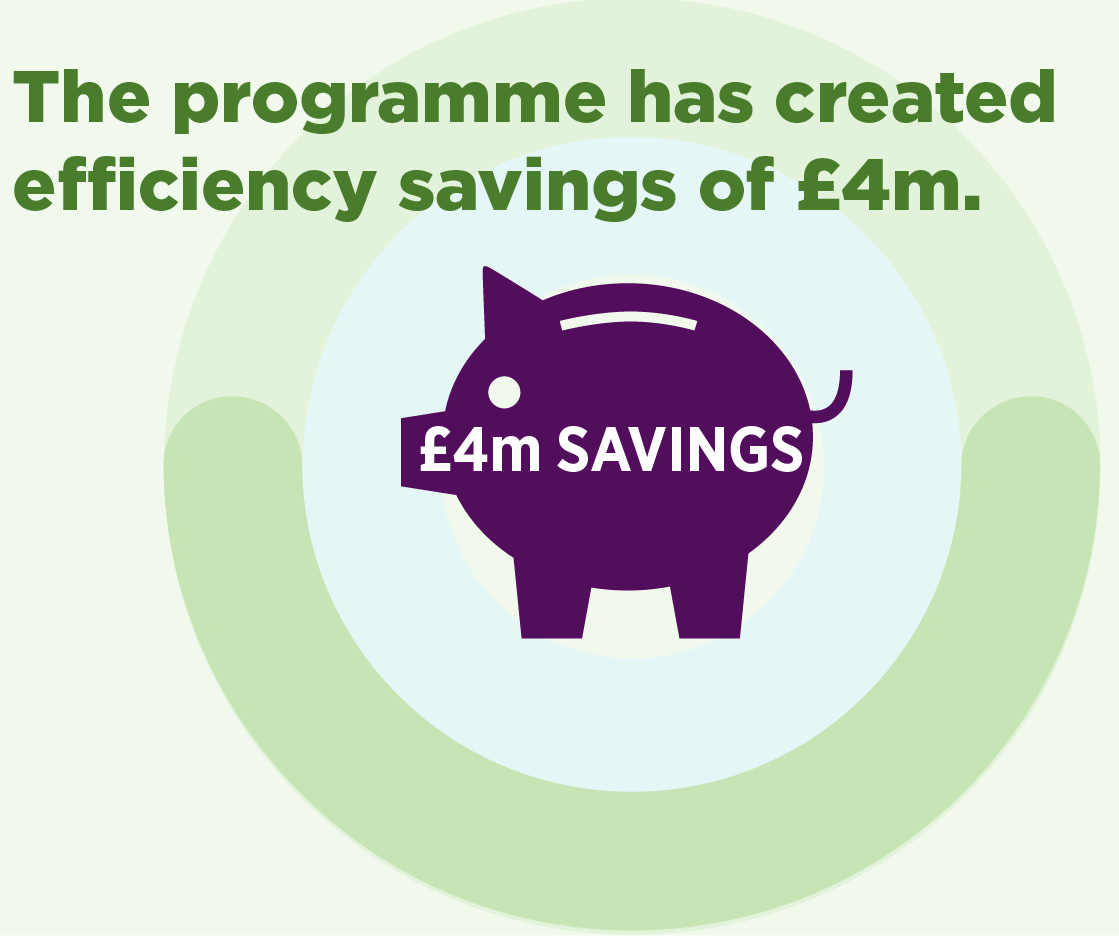Smarter working: Christchurch and East Dorset
By modernising their office, going digital and working flexibly, the bright sparks at Christchurch and East Dorset Councils saved £4m, improved customer service and transformed morale
By modernising their office, going digital and working flexibly, the bright sparks at Christchurch and East Dorset Councils saved £4m, improved customer service and transformed morale
When Christchurch and East Dorset Councils launched their smarter working programme in 2014, their people had just emerged from a period of substantial change. A partnership between the two councils had resulted in shared service teams coming together, and the uncertainty had taken its toll: in the 2013-2014 employee engagement survey, less than 50% of staff reported positive morale.
By 2014, the consolidation of services was saving each council £1m a year. But there was still scope to be more efficient, agile and customer-focused. And while the 600 employees now officially worked for both councils, getting them to behave as one workforce was tricky. Some still used the name of their legacy council when they answered the phone.
Our big focus was how the Smarter Working programme would affect our people and how we could make that positive.
The partnership development strategy gave the councils an opportunity to move away from silos by adopting modern and flexible working practices. But to achieve this, work would need to become something people did, rather than somewhere they went.
At the time, staff were spread over two main offices and outlying sites. Most information was paper-based, stored in filing cabinets or boxes that cluttered the space and created unofficial boundaries between teams. As Housing Officer Lynne McCarty puts it, 'It was all a bit brown and dark.'
Since the arrival of shared services, Lynda Thomson had headed up a team that included the OD, HR, customer services, policy and performance and communication functions. Its canny first move was to put a Workforce Engagement Strategy at the heart of the 'Smarter Working' programme. This saw each service nominate its own change agent, who liaised with employees and decision makers to make sure the change was personal to everyone.
The next step was to remove the barriers that prevented people from working flexibly. Flexible working contracts replaced core hours and TOIL – a change that passed smoothly through the unions, thanks to close working throughout.
All that remained was to give people the right tools and environment. Everyone received a hybrid computer so they could work anywhere. Paper-based files became available digitally and telephony moved to Skype for Business. And the Christchurch office transformed from a traditional office to a modern working environment.
Throughout the process, regular briefings, emails and team meetings kept people informed. The Chief Executive, David McIntosh, was also visible, delivering staff briefings, answering questions through 'Ask David' on the intranet and going to change agent meetings.
There were challenges, though, particularly around trust and fairness. Long-hidden management issues, such as people building up hours of TOIL, also emerged – as did nervousness about how to apply the new ways of working. The programme team dealt with these by up-skilling managers and team members alike, and coaching teams to find ways of doing things differently.
Today, all employees can work flexibly. They access information and systems remotely, meet over Skype and receive their mail digitally on the day it arrives. Even teams like housing, that have a statutory obligation to provide a service during set hours, have incorporated remote working.
The light and bright Christchurch office has a ratio of six desks to 10 people. And thanks to the digital changes, customers now have more options for how they receive services.
The cultural shift has made people more flexible and innovative, as well as reduced turnover. And as Lynne McCarty says, 'I'd stick my neck out to say that 100% of people wouldn’t go back to how things were before.'
All this gives employees an advantage in the next big change ahead: joining one of just two unitary councils in Dorset in 2019. 'Our people aren’t just change-ready; they’re change-competent,' says Lynda. 'They know what good communication, engagement and leadership looks like – and if they don't see it, they tell you. That for me is a transformed workforce.'

Chief Executive David McIntosh thinks it's vital to stick to your guns. 'We had a period when IT wasn’t working properly, and I started thinking 'What have I done?' he recalls. 'But you’ll get through it. Just don’t assume staff will be okay. You can tell people what to do, but they won't do it unless you give them the right environment.'
Tackling barriers to work today whilst creating inclusive workplaces of tomorrow.
Discover our practice guidance and recommendations to tackle bullying and harassment in the workplace.

Explore the many rewards of working in the people profession

Explore career areas within the people profession, and the typical activities you may find yourself doing

Information and guidance to help you excel in your role, transition into the profession, and manage a career break

If you’re looking for a career in HR, L&D or any other aspect of the people profession, there’s a route that’ll suit you
What are the barriers that stand in the way of achieving 'good work', and which need to be addressed as a priority?
Listen nowA Northern Ireland summary of the CIPD Good Work Index 2024 survey report